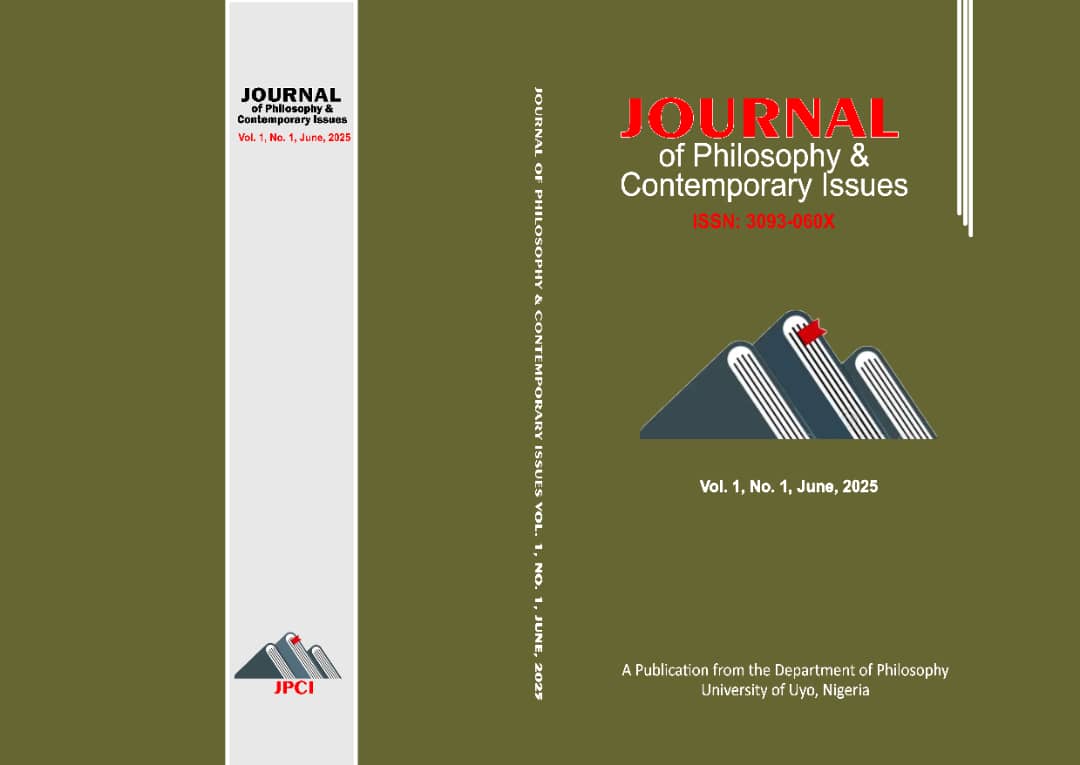R. M. HARE’S PRESCRIPTIVISM AND ITS RELEVANCE TO HUMAN EVERYDAYNESS
Terungwa Solomon Gbagir 1
Kenneth Ochuko Sodje 2
Department of Religion and Philosophy, University of Mkar, Nigeria 1
Augustinian Institute, Makurdi, Benue State, Nigeria 2
Corresponding Email: terungwasolomon@gmail.com 1
Abstract
Scholars have frequently misinterpreted R. M. Hare’s remarks on moral universalism as suggesting objectivity, implying the existence of an absolute moral truth and a singular pattern or universal norm of action recognised as good or just by all and applicable universally. Nonetheless, Hare does not adhere to moral absolutism, save via implication. Hare accurately asserts that, instead of conveying propositions, ethical statements operate akin to imperatives that are universalizable; thus, anyone who asserts a moral judgement such as “stealing is wrong” is obligated to uphold the same judgement in any context where the pertinent facts are consistent. This study examined R. M. Hare’s Prescriptivism. The research employed the expository and analytic methodologies. The expository approach was employed to elucidate R. M. Hare’s prescriptivism while the analytic method was employed to scrutinise R. M. Hare’s prescriptivism. The investigation demonstrated that Hare’s ethical prescriptivism is flawed since it overlooks the impossibility of applying a moral principle to individuals to whom it does not pertain, and that not all moral principles are even theoretically applicable to the individuals rendering the judgements. In his view, value judgements or moral statements are fundamentally prescriptive, as they inherently provide guidance for one’s actions. Consequently, the study concludes that moral agents should act in a way that is consistent with their moral claims, not in a way that goes against them. This manner, we could help create a more peaceful society that values good behaviour.
Keywords: Prescriptivism, Universalism, Moral Judegment, Hare, Everydayness.


